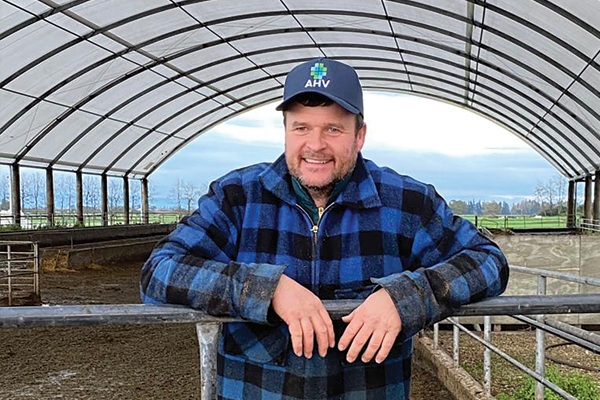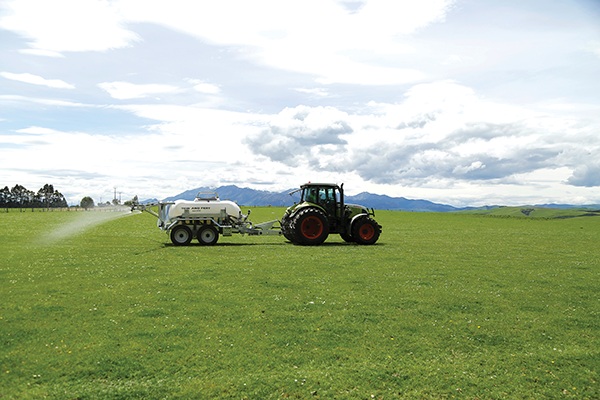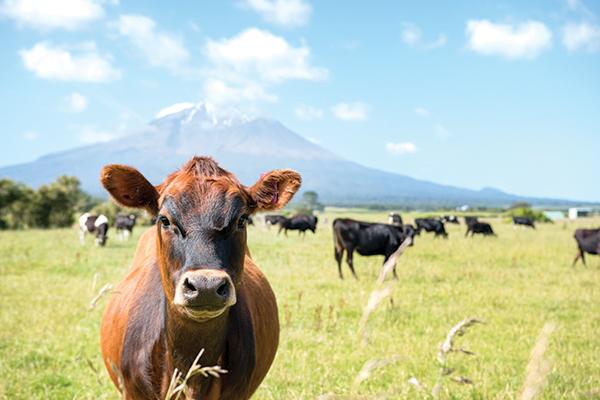Natural purifier for cows’ teats
Ozonated water treatment kills 99.9% of bacteria and has no consumables as it’s a natural purifier so it’s a win-win for dairy farmers. Sheryl Haitana reports.

OZONATED WATER TREATMENT has been around since the start of the 20th century and is now a product-free teat spray option for farm dairies.
The process kills 99.9% of bacteria and has no consumables as it’s a natural purifier so it’s a win-win for dairy farmers, OzoneNZ ‘s Rhys Richards says.
“Ozone treatment in water has been around for 100 years, it’s used in the Commonwealth and Olympic swimming pools instead of chlorine. It’s used commercially in New Zealand and is approved by the Ministry of Health for water filtration.
“I saw a gap in the dairy industry market – especially with all the green initiatives that are coming in.”
Most farmers have existing automatic teat spraying systems that would integrate with the Ozone generator,”Rhys says.
The return on investment is less than 12 months, and there are low ongoing maintenance costs for the generator and no consumables – it’s simply water that farmers would already have been using though their existing teat sprayer, Rhys says.
Pirongia dairy farmer Mark Brown saw an early reduction in mastitis since installing the 10G Ozone generator this year, which was custom designed for Mark’s shed to meet the parameters of his existing automatic system and integrate with the system.
Essentially the generator produces ozone gas which is injected into the internal water tank, this ozonated water is then pumped under pressure to the automatic teat spray system. There’s an ozone monitor that ensures the ozone output is within pre-set specified levels of 0.6 ppm and 0.8 ppm. It essentially turns the generator on and off when levels are lower or higher than these presets.
“It’s hard to be comparable as we are using a new composting barn in our system this year and it’s been an extremely challenging wet season, but up until May we have had less mastitis overall from last year. Udder health is also a positive with ozone teat spray, but we are yet to do a teat assessment.
“It is also great to have one less chemical in the dairy shed and another cost we don’t have to keep paying.”
Mark and Rhys are working to now extend the Ozone system into the backing gate and the other hoses used in the farm dairy.
Being able to kill some bacteria around the farm dairy during milkings will be another benefit, Mark believes.
The generator is custom designed to be completely waterproof which is vital given the amount of water that is used around a dairy shed.





